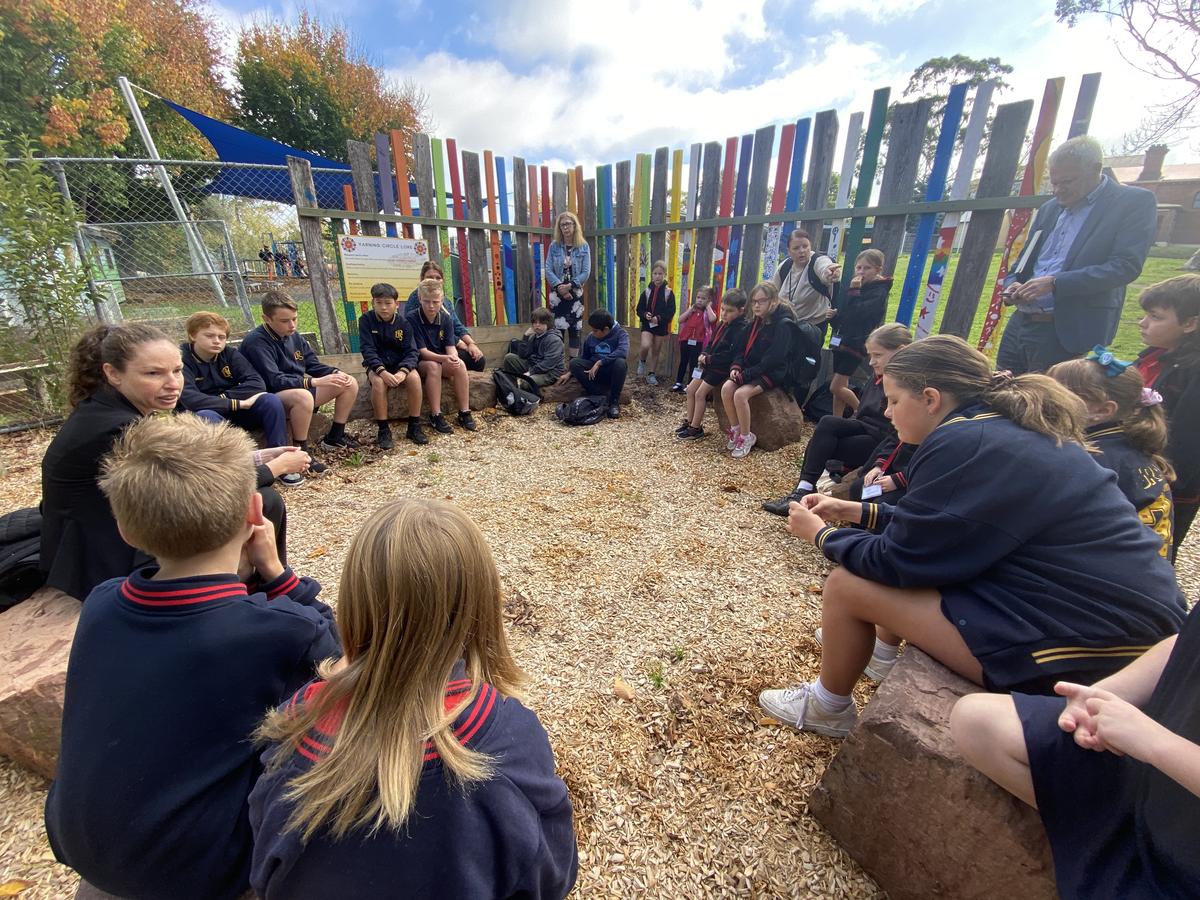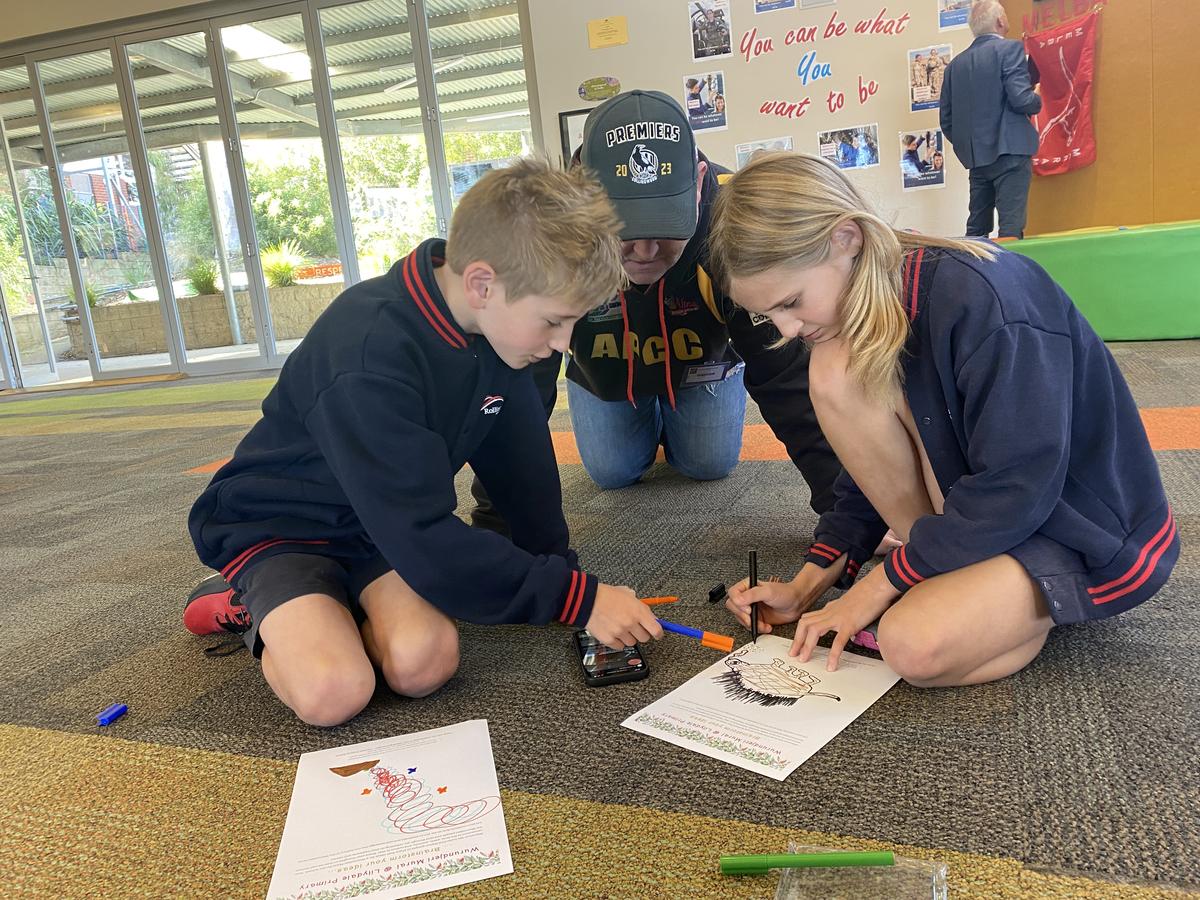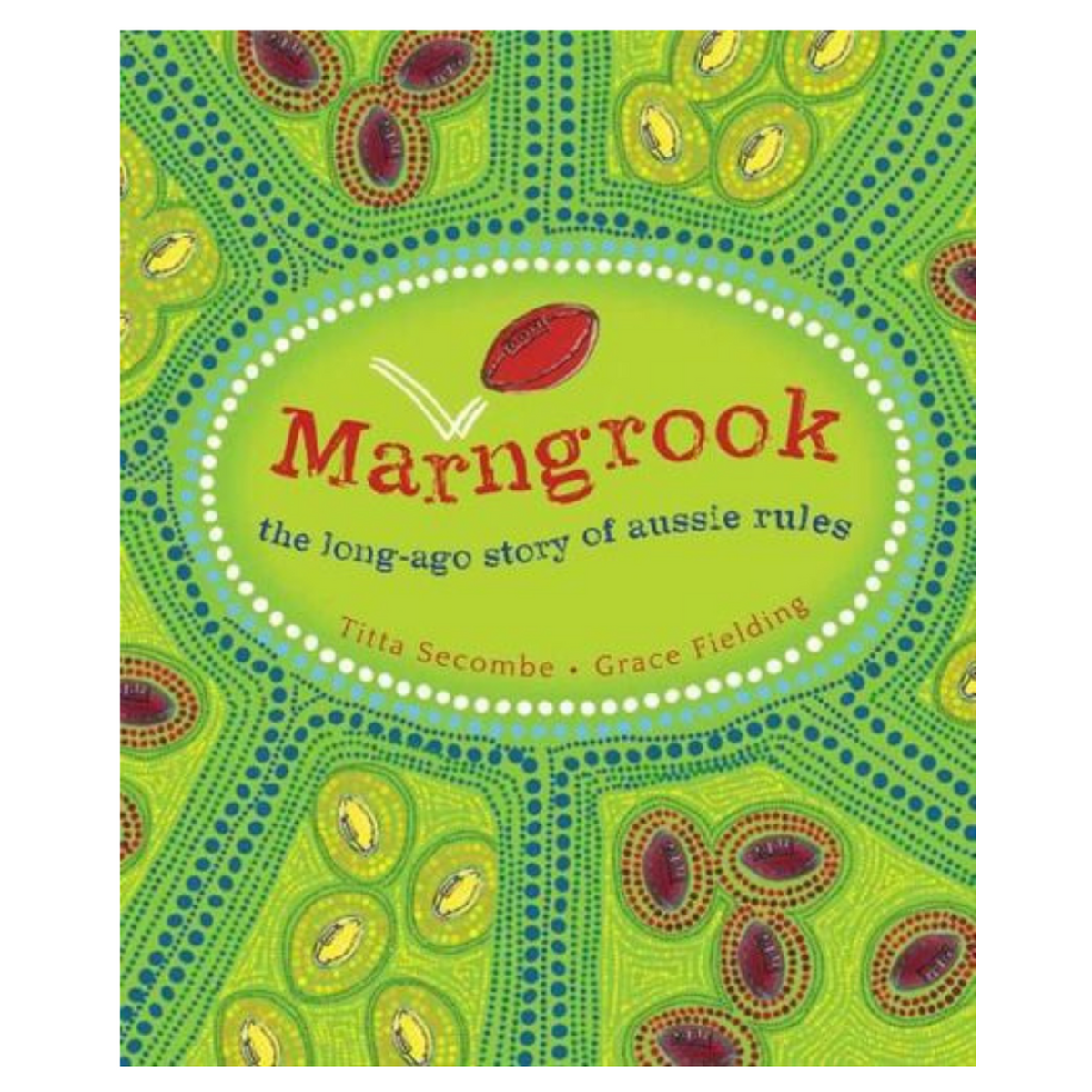Wellbeing

A message from Emily Murcott - Assistant Principal / Wellbeing Literacy Leader
Wellbeing Vision Statement for RHPS
Throughout the past nine months, RHPS has engaged with students, staff and families to gain insights into the wellbeing of our students. We are in the midst of creating a Wellbeing Vision Statement for RHPS and we would love your input.
After collating the responses from students, parents and staff, we would now like to ask that you assist us reducing 5 most common responses to 3. These will be what we anchor our students wellbeing around, along with our school values.
To take part in this, please click on the link found below.
https://forms.gle/z6Sf1rdWZ5pmSsUo8
Wurundjeri Art Mural
Last Monday, current Koorie students were warmly invited to attend Lilydale Primary School to learn more about Wurundjeri history and to explore culture with our KESO (Koorie Engagement Support Officer), Angela.
Students began their visit by joining other Koorie students from 4 other local primary and secondary schools in a yarning circle, and then students learnt about the local Wurundjeri people where they were given time to create art that may potentially be painted on an external wall of Lilydale Primary School. Angela then introduced the students to a Koorie game that engaged all students in attendance, followed by a sausage sizzle. I'd like to publicly thank Lilydale Primary School for the invitation and the opportunity to bring Koorie students together to learn about Koorie culture.
Yarning Circle at Rolling Hills Primary School
Last Thursday, our KESO Angela visited Rolling Hills Primary School to offer Koorie students the opportunity to yarn. Students enjoyed our treed space behind the Boorai where they shared information about themselves and developed their understanding and knowledge of the Wurundjeri people.
We listened to a story and learnt that AFL football originated by the Koorie people and they called it 'marn grook'. 'Marn grook' is the popular collective name for traditional Indigenous Australian football games played at gatherings and celebrations by sometimes more than 100 players. From the Woiwurung language of the Kulin people, it means "ball" and "game". The football was made from possum skin and filled with feathers.



